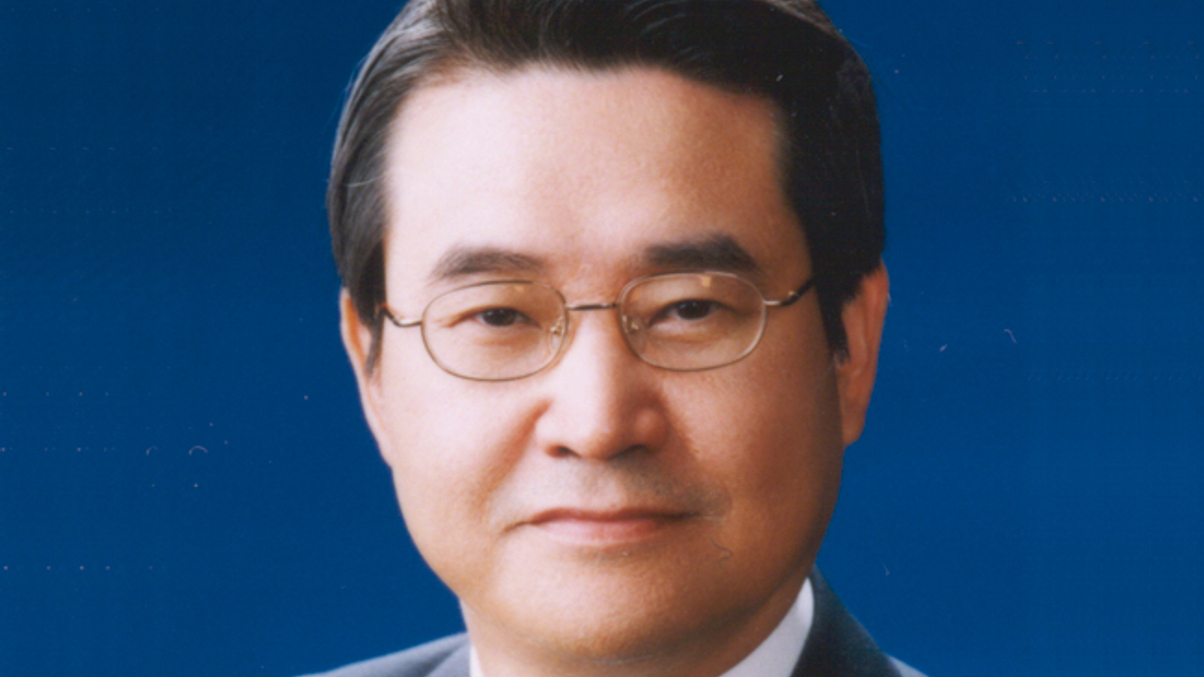Samsung cuts in Hong Kong, focuses on Korean HNWs
Samsung Securities’ new CEO, Kim Suk, the previous head of its asset management business, says the firm is seeking to add global investment products to its roster.

Samsung Securities is scaling back its Hong Kong operations and turning more attention to the Korean high-net-worth client base, says the firm’s new CEO, Kim Suk.
Sign in to read on!
Registered users get 2 free articles in 30 days.
Subscribers have full unlimited access to AsianInvestor
Not signed up? New users get 2 free articles per month, plus a 7-day unlimited free trial.
¬ Haymarket Media Limited. All rights reserved.


